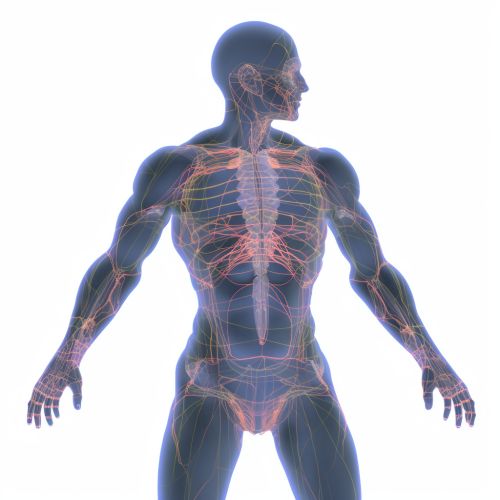Human Physiology
Introduction
Human physiology is the study of the functioning of the human body. It is a branch of biology that focuses on the physical and chemical processes that occur in living organisms. This field of study is essential in understanding how the body responds to various stimuli, how it grows, and how it maintains itself.
Anatomy and Physiology
Anatomy and physiology are two related fields of study. Anatomy is the study of the physical structure of the body, while physiology is the study of the functions of these structures. The two are inseparable, as the function of an organ or a system is closely tied to its structure.
Cells
The human body is composed of trillions of cells, the basic units of life. Each cell is a self-contained unit that is capable of performing all the functions necessary for life. Cells in the human body are of various types, each specialized to perform specific functions. For example, nerve cells, or neurons, transmit electrical signals, while muscle cells contract to cause movement.
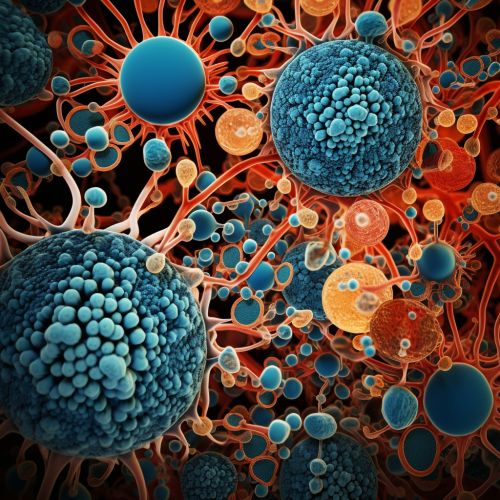
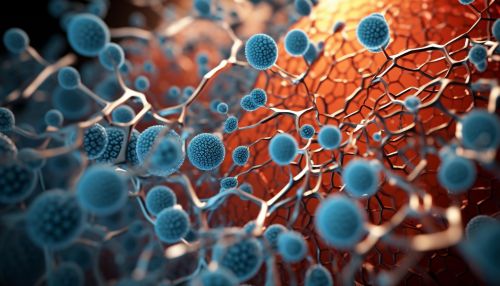
Tissues and Organs
Cells group together to form tissues, which are groups of similar cells that perform a specific function. There are four primary types of tissues in the human body: epithelial tissue, connective tissue, muscle tissue, and nervous tissue. These tissues combine to form organs, such as the heart, lungs, and kidneys, which carry out the major functions of the body.
Systems of the Human Body
The human body is organized into several systems, each of which has a specific function. These systems include the circulatory system, the respiratory system, the digestive system, the nervous system, the endocrine system, the immune system, the muscular system, the skeletal system, and the reproductive system.
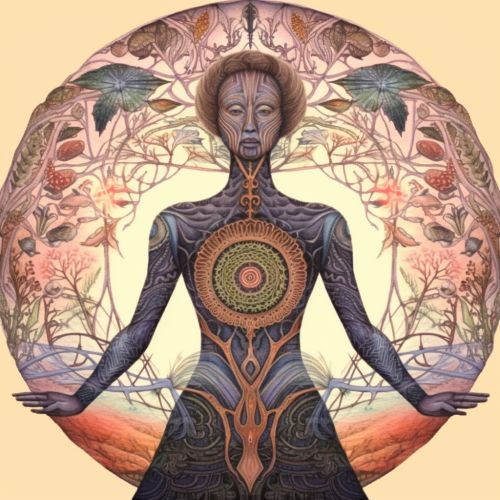
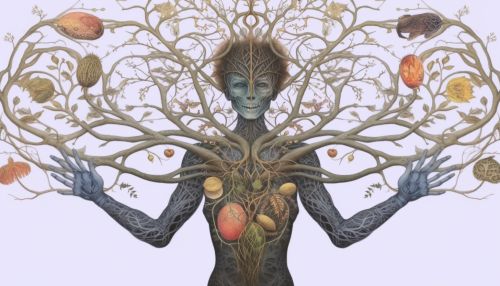
Homeostasis
A key concept in human physiology is homeostasis, the body's ability to maintain a stable internal environment despite changes in external conditions. The body maintains homeostasis through a complex system of feedback mechanisms that control various physiological parameters, such as body temperature, blood pressure, and blood glucose levels.
Pathophysiology
Pathophysiology is the study of the changes in normal physiological processes that result from disease. By understanding these changes, medical professionals can better diagnose and treat various health conditions.
Conclusion
Human physiology is a complex and fascinating field of study that provides insights into the workings of the human body. By understanding the body's structures and functions, we can better understand health and disease, and ultimately improve the quality of human life.
